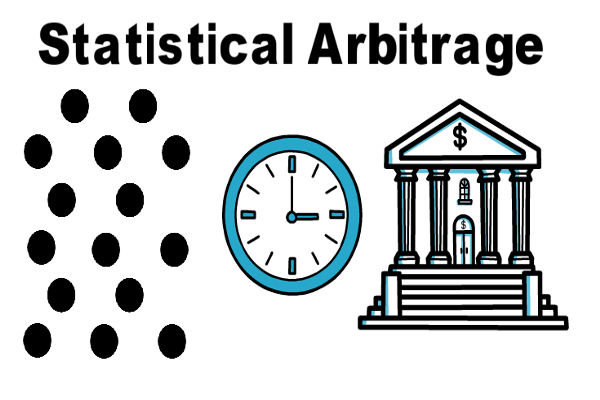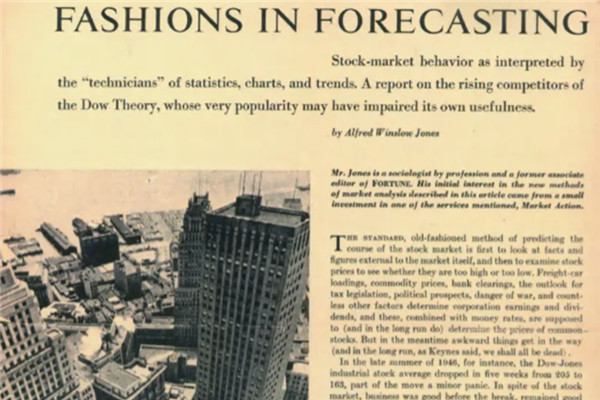The so-called hedge fund refers to a fund that uses hedging trading methods, also known as a hedge fund or hedge fund. So what are the forex hedge funds related to forex investment? Today, let's provide a detailed introduction to the differences and connections between forex hedge funds and forex hedge arbitrage trading.

Firstly, everyone needs to have a basic understanding of hedge funds, which is a form of investment fund. It refers to financial funds that combine financial derivatives such as futures and options with financial instruments for profit. Hedge funds are more aggressive in their investment methods, focusing more on managing the overall risk of investment funds rather than pursuing relative performance.
And forex hedge funds are funds that use forex for hedging trade. Forex hedge funds include pure currency funds, as well as forex cash funds, forex futures trading funds, macro funds, carry trading funds, and arbitrage funds. Monetary funds are the most common among them, which obtain returns through speculative exchange rate fluctuations. Futures trading funds and macro funds are relatively easy to understand, while carry trading funds refer to interest earning funds that raise funds in low interest countries and then reinvest them.
Regarding currency arbitrage, it should be mentioned separately with investors. Arbitrage may be something that investors frequently mention in the forex field. However, for small retail traders, arbitrage is said more than done. Arbitrage is mainly for large players, and it is extremely fast and profitable. But its risks cannot be underestimated.
Forex hedge funds and forex hedging arbitrage trading are two investment strategies in the financial market, and they have certain connections, but there are also some differences.
Difference:
1. Different investment targets: Forex hedge funds mainly invest in the forex market, while forex hedging arbitrage trading is based on the exchange rate fluctuations between different currencies in the trading market.
2. Different investment methods: Forex hedge funds usually use multiple investment tools and strategies, such as money market funds, forex futures, options, futures, etc., while forex hedge arbitrage trading mainly adopts arbitrage trading strategies.
threeDifferent levels of risk: When forex hedge funds make forex investments, they usually adopt various risk control methods, such as exposure management, leverage adjustment, etc., to control risk. Forex hedging and arbitrage trade require more complex analysis and calculations to determine the feasibility and risk level of arbitrage opportunities.
Contact:
Both are aimed at controlling investment risks: whether it is forex hedge funds or forex hedge arbitrage trading, they are strategies that utilize the volatility of the forex market for investment and risk management in the forex market. However, they have different applications and purposes in practice.
Forex hedge fund is a type of hedge fund that specializes in investing in the forex market. Its main purpose is to achieve long-term stable returns through diversification and risk management. The investment targets of forex hedge funds include currencies of different countries and regions, and their investment strategies typically include various methods such as fundamental analysis and technical analysis.
Forex hedging and arbitrage trading is a strategy that utilizes price differences in the forex market to make profits from trading. Investors in forex hedging and arbitrage trade usually buy and sell simultaneously in different forex markets to leverage the price differences between different markets to obtain returns.
Overall, both forex hedge funds and forex hedge arbitrage trading utilize the volatility of the forex market for investment and risk management, but their applications and purposes are different. Forex hedge funds are a long-term investment strategy, while forex hedge arbitrage trading is a short-term trading strategy that can complement each other or be used independently.
【 EBC Platform Risk Reminder and Disclaimer 】: There are risks in the market, and investment needs to be cautious. This article does not constitute investment advice.



























